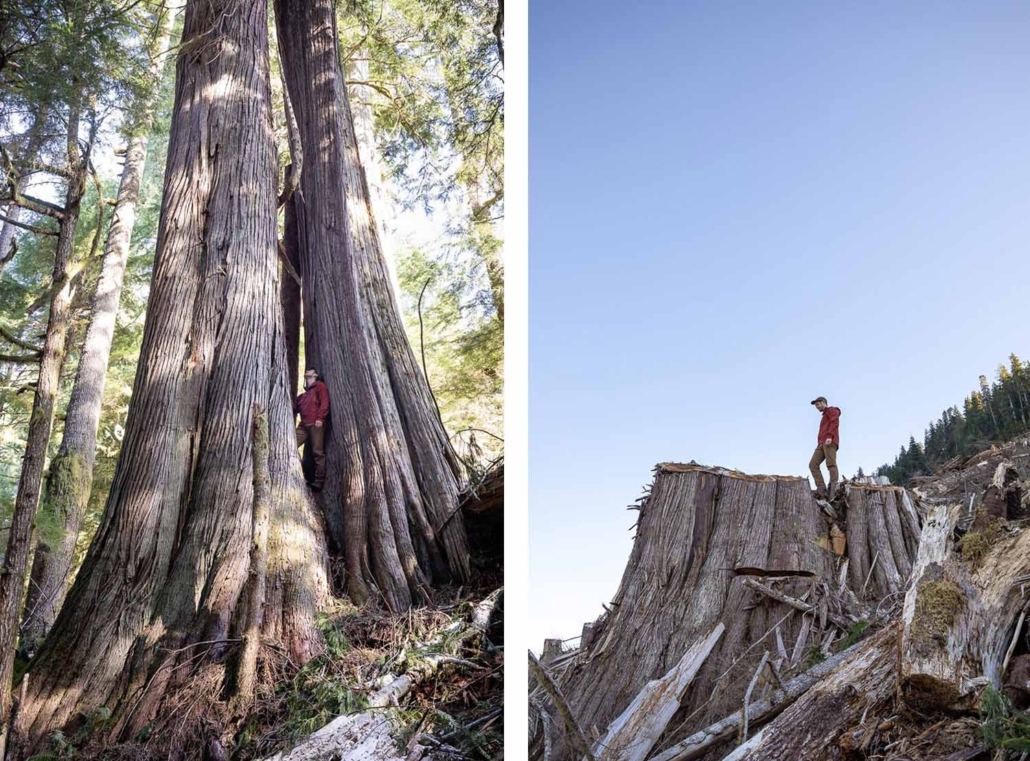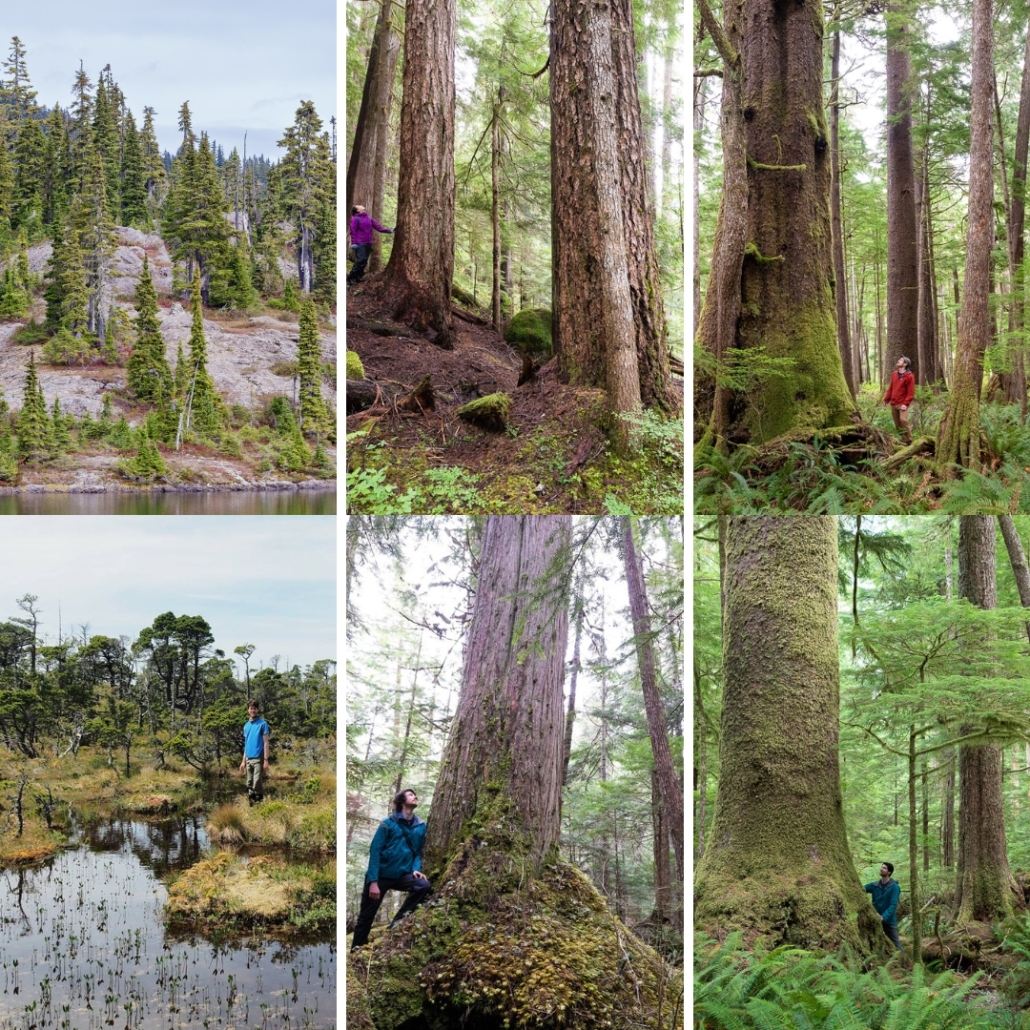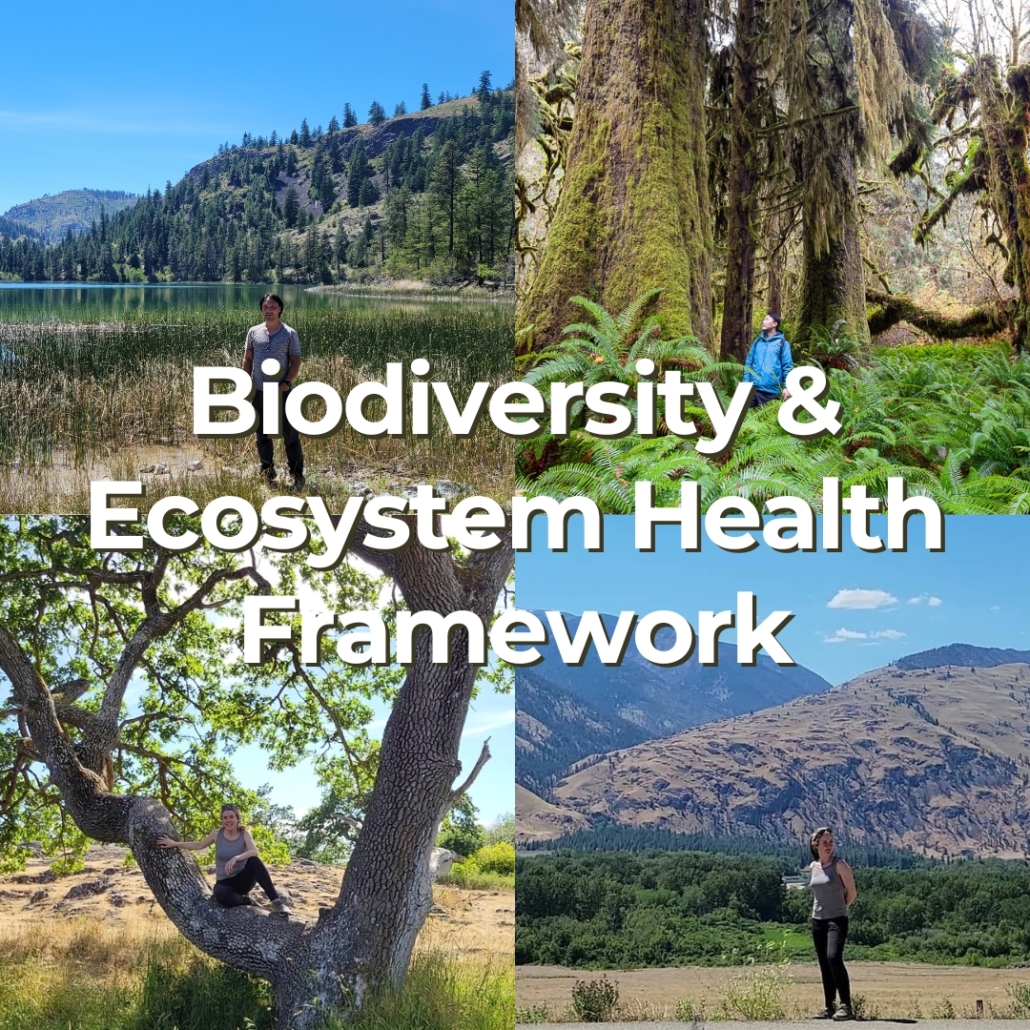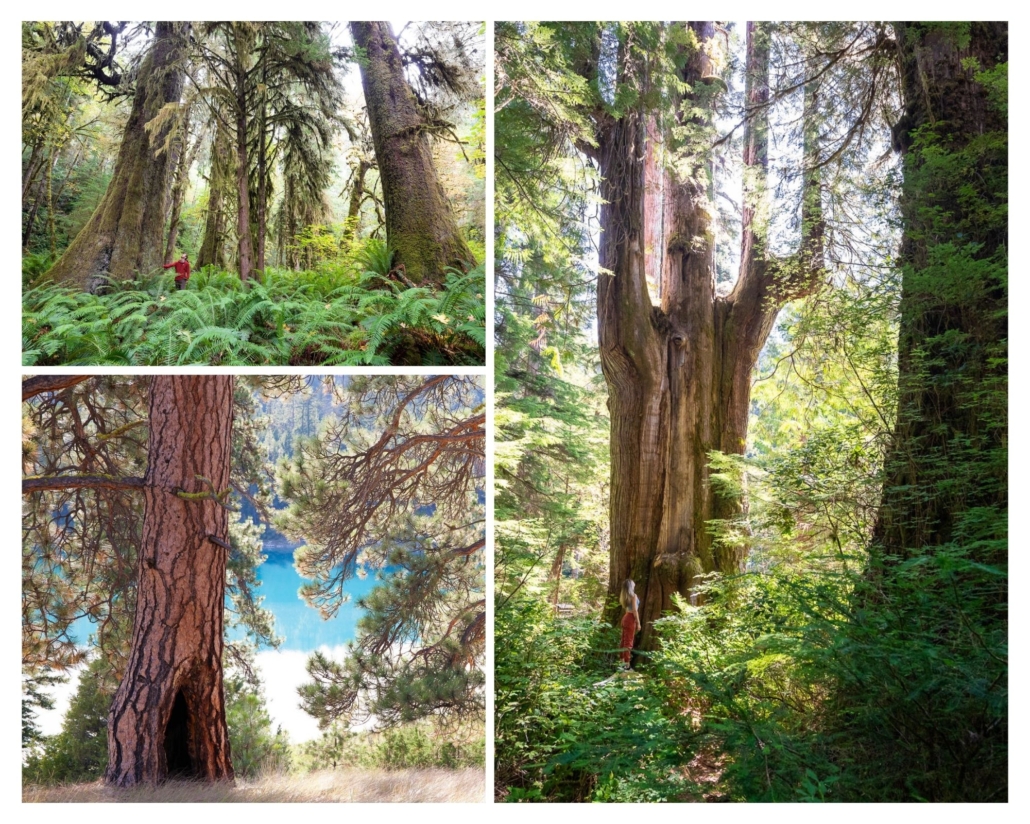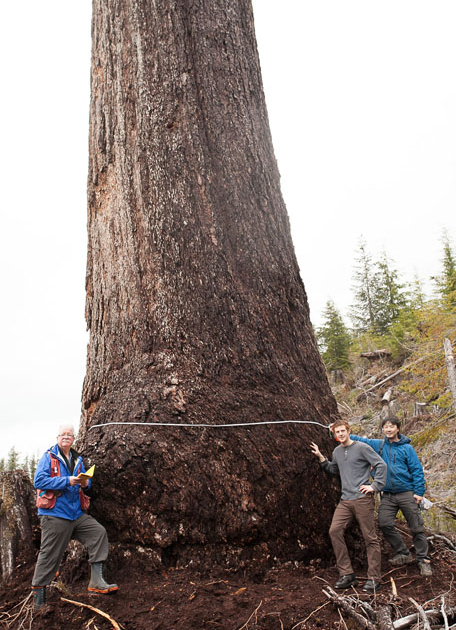 Sep 19 2016
Sep 19 2016Action Alert: Speak up for Ancient Forests to the Union of BC Municipalities (UBCM)!
Speak up for Ancient Forests to the Union of BC Municipalities (UBCM)!
Ask the UBCM to support the protection of Vancouver Island’s old-growth forests at their upcoming AGM from Sept.26 to 30!
Last April, the Association of Vancouver Island and Coastal Communities (AVICC), representing 53 local governments (city, town, and regional district councils), passed a resolution calling on the provincial government to protect Vancouver Island’s remaining old-growth forests.
Next week, from September 26 to 30, the Union of BC Municipalities (UBCM) representing local governments across the whole province will be meeting and passing resolutions at its AGM.
Unfortunately, the Resolutions Committee of the UBCM is so far refusing to introduce the old-growth resolution for its members to vote on at their AGM. They’ve cited a lot of misleading stats from the BC government to downplay the importance of protecting old-growth forests on Vancouver Island (see below).
Please SPEAK UP!
Please send a quick email to let the UBCM and your own local mayor, city or town councilors that you believe:
- The UBCM should introduce the resolution calling on the province to protect Vancouver Island’s old-growth forests, which has already been passed by the Association of Vancouver Island and Coastal Communities (AVICC).
- Vancouver Island’s old-growth forests are not just a regional issue, but are of provincial significance. They are globally renowned for their beauty and grandeur, and generate vast amounts of revenues into the provincial economy as tourists from around the world come to visit them. After the US redwoods they are the grandest forests on Earth!
- Old-growth forests are important for supporting endangered species, tourism, recreation, climate stability, clean water, wild salmon, and many First Nations cultures. They are a non-renewable resource under BC’s system of forestry, where second-growth stands are slated for logging every 50 to 80 years, never to become old-growth again.
- The old 1994 Vancouver Island Land Use Plan needs to be updated, as it only protected about 6% of Vancouver Island’s productive old-growth forests in parks, it did not factor in climate change, and unlike the Great Bear Rainforest agreement, it did not include any significant ecological science nor First Nations input. Existing protection levels are inadequate to sustain species at risk and many other values.
- Of 2 million hectares of productive old-growth forests originally on Vancouver Island, only about 500,000 hectares remain. The BC government’s old-growth statistics are highly misleading, intended to make it seem like a large fraction of old-growth forests still remain and are protected. They include vast tracts of low productivity bog and subalpine forests with stunted trees of little commercial value in their old-growth stats, while they exclude 800,000 hectares of largely-logged private forest lands from the original extent of old-growth forests. Muc of these private lands were managed by the BC government with the same regulations as Crown lands, until they were deregulated in recent years.
Please send an email and/or make a phone call to:
– Your local mayor, city council and regional directors.
– The Union of BC Municipalities ubcm@ubcm.ca
– Be sure to “cc.” Metchosin Councillor Andy Mackinnon andy@metchosin.ca who is the sponsor of the old-growth resolution.
Also, be sure to include your full name and mailing address so they know you are a real person and are one of their constituents.
MORE INFO – Debunking the BC Government’s Spin:
The resolutions and policy committee of the UBCM has repeated a whole lot of misleading BC government statistics in trying to prevent the resolution from hitting the floor.
The government’s stats that they’ve cited, and our rebuttals, are as follows:
BC Government’s “fact”: There are more than 25 million hectares of old growth forests in BC of which 4.5 million hectares are fully protected, representing an area larger than Vancouver Island;
Our Response: The old-growth forests are very different across the province’s very diverse geographies and climates – from wet to dry, north to south, low to high elevation landscapes over a vast region of Earth! Protecting old-growth forests in different regions and ecosystems the province with different biodiversity, totaling 4 million hectares, does not somehow nullify the need to protect Vancouver Island’s old-growth forests which have their own distinctive ecosystems and biodiversity. In addition, a major part of the government’s figures include low productivity old-growth forests of stunted trees growing in bogs, at high elevations, and on rocky steep slopes…areas often of low to no commercial value and also lacking many of the old-growth dependent species found in the commercially valuable forests under contention with the large trees.
BC Government’s “fact”: Land use planning processes in the 1990s engaged the public, First Nations, environmental groups, and communities to identify protected areas on Vancouver Island and the South Coast, with the resulting percentage of protected areas in both regions exceeding the United Nations recommended target of 12 per cent;
Our Response: The 1994 Vancouver Island Land Use Plan only protected 6% of its productive forests in parks, not 12% (which science has shown is still inadequate for sustaining the ecological integrity of these ecosystems), as there are vast areas of non-forested alpine and low productivity bogs, rocky slopes, and subalpine old-growth forests of marginal timber value in our parks. The 1990’s land use plans had almost no First Nations input and had minimal ecological science compared to the recent land use plans in the Great Bear Rainforest and Haida Gwaii. These land use plans are greatly outdated and inadequate in regards to sustaining wildlife (eg. species associated with older forests like the Northern Goshawk and Marbled Murrelet are increasingly at risk despite the limited conservation areas established), First Nations land rights, tourism, clean water, wild salmon, and the climate.
BC Government’s “fact”: Of the 1.9 million hectares of Crown forest on Vancouver Island, 840,125 hectares are considered old growth – but only 313,000 hectares are available for timber harvesting.
Our Response: The BC government has inflated the amount of old-growth forests by including about 300,000 hectares of low productivity stands – in bogs / rocky/ high elevation sites with smaller stunted trees of generally marginal commercial value – in their figure of 840,125 hectares of remaining old-growth forests. It’s sort of like including your Monopoly money with your real money to make it seem like you’re richer than you are, so why curtail spending?
In addition, they’ve excluded an additional 800,000 hectares of private forest lands from the analysis of the original old-growth forests, in order to make it seem like a larger fraction of the old-growth forests remains. Most of these private lands were once productive old-growth forests but have been overwhelmingly logged now, and most were managed by the provincial government under the exact same regulations as Crown lands until they were deregulated in recent times.
In reality, about 500,000 hectares of productive (ie. moderate to high productivity) old-growth forests remain out of 2 million hectares of the original, productive old-growth forests, and over 300,000 hectares of the remaining productive old-growth forests are open for logging.
That is, the BC government in presenting their statistics have reduced the size of the original pie, so that what remains seems like a larger fraction of what once existed. Then they’ve vastly increased the size of what remains of the pie by adding in non-pie (ie. the marginal low productivity old-growth forests).
Note that the UBCM Resolutions Committee also states that “the protection of old-growth forest on provincial Crown land on Vancouver Island is a regional issue, therefore advocacy on the issue would best be pursued by the area association.”
In response to this, we point out that Vancouver Island is one of the largest tourism draws in the entire province, generating vast amounts of revenues for the province from visitors around the world – many of whom come to visit its old-growth forests. As such, it is a provincially significant issue that the UBCM should vote on.

